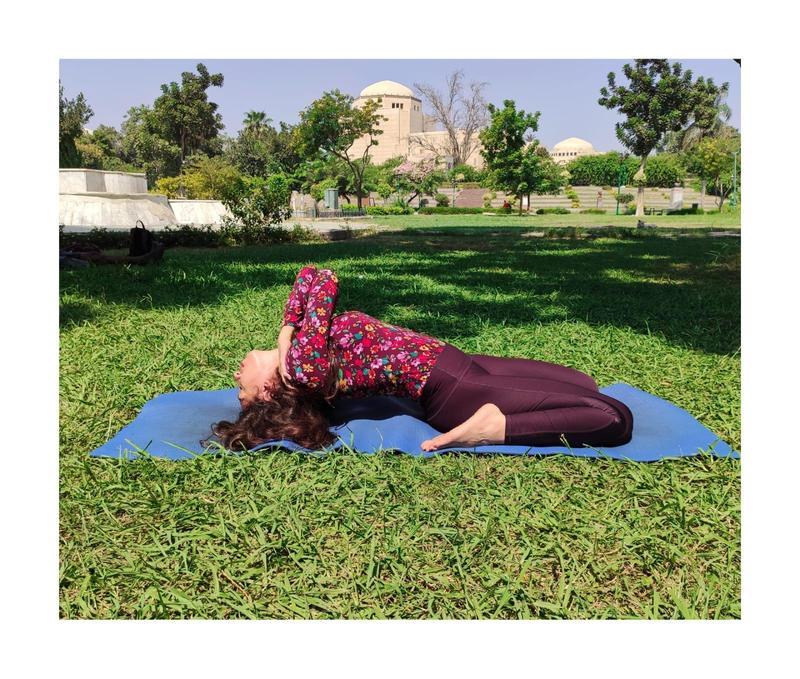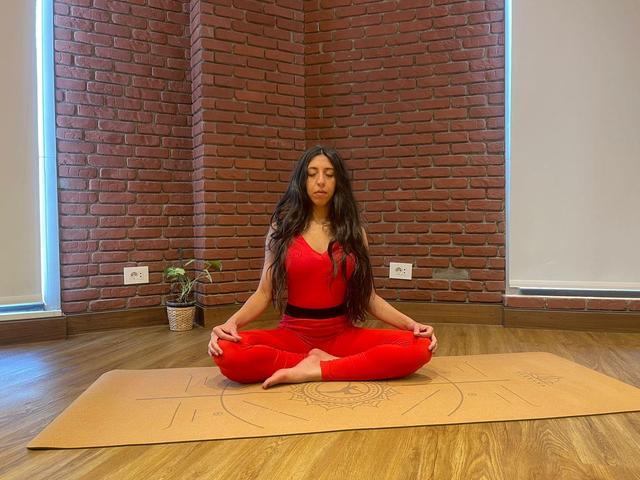Heal Yourself Flow: (COVID Trauma Recovery)
We are living amid the first global mass trauma event in several decades. It's arguably the first of its kind since World War Two, and almost certainly the first of such severity in your lifetime.
Trauma is a far subtler concept than many of us realize. It isn't just a word for something extremely stressful. It doesn't always come from short, sharp shocks like car accidents, terrorist attacks, or firefights. And, trauma isn't the same thing as post-traumatic stress disorder (PTSD).
What trauma is about is events and their effect on the mind. But what separates it from something merely stressful is how we relate to these events on a deep level of belief.
Trauma can be understood as a rupture in "meaning-making," where the way you see yourself, the way you see the world, and the way you see other people, are all shocked and overturned by an event. Stress accumulates and the nervous system is forced on high-alert.
While yoga isn’t the first-line treatment for trauma, it definitely helps people to acquire a better habit of self-regulation and calm. Yoga has been proven time and again to have a positive impact on a variety of psychological and physiological conditions. It cultivates mindfulness through breathing exercises, intentional relaxation, and body movement.
In addition to helping certain medical conditions and somatic dissociation, yoga has also been shown to alleviate symptoms of anxiety, depression, schizophrenia, ADHD, and eating disorders.
The Heal Yourself Flow is a gentle and comprehensive practice, in which we will utilize Yogic intentional breathing exercises to help gain control of emotional regulation, calm the sympathetic nervous system, trigger other biochemical and physiological relaxation mechanisms in the body, and improve our self-concept and coping skills.
Heal Yourself Flow: (COVID Trauma Recovery) doesn’t have reviews yet.
Click the button below to leave the first one!
Dina Omar doesn’t have reviews yet.
Click the button below to leave the first one!
Be the first to post a message!

